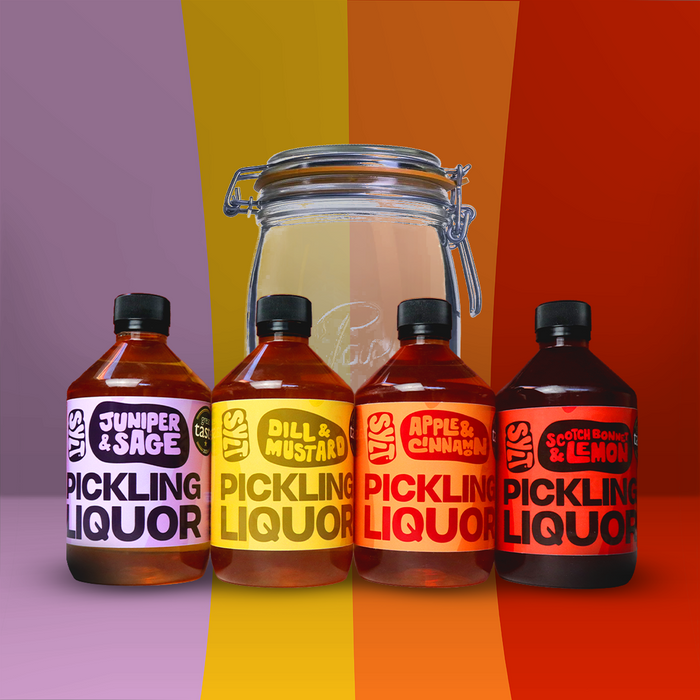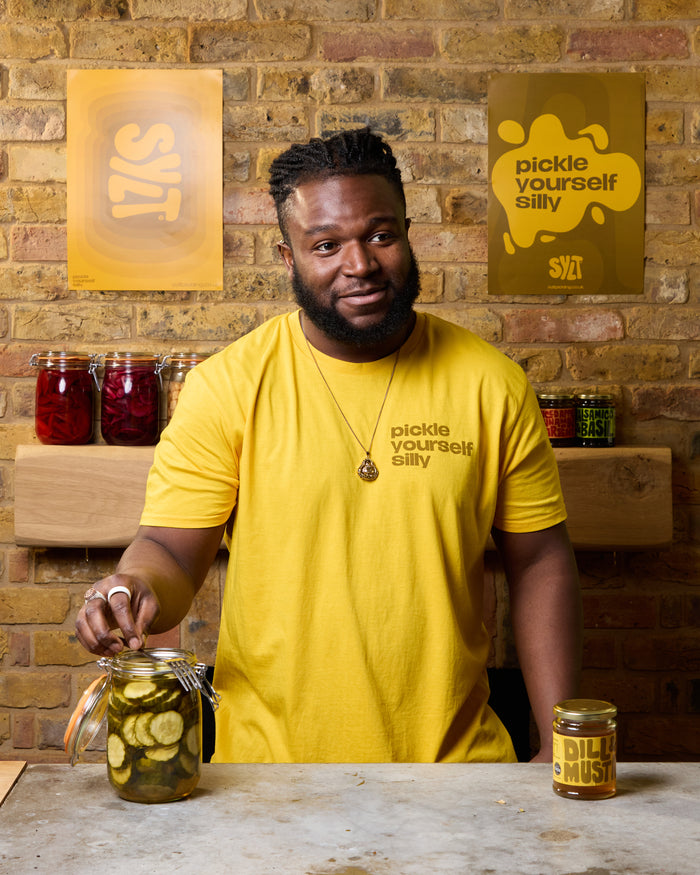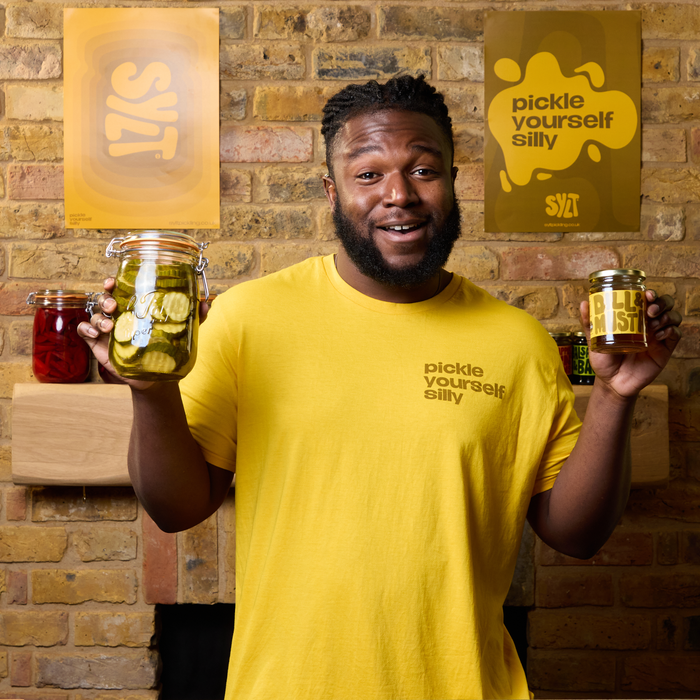Pickling & Sustainability
Pickling leftover vegetables is an impactful way to enhance sustainability, promote environmental friendliness, and reduce waste. This practice helps utilise surplus vegetables that might otherwise be discarded, turning them into delicious, preserved foods. A third of the food produced globally ends up wasted, with the UK producing nearly 10 tonnes of food waste annually. Given 8.4 million Brits live in food poverty, reducing this waste ought to be a priority for all of us. If you can be rewarded with delicious flavours in the process, what’s not to like?
Throughout history, pickling has been a crucial method for preserving fresh vegetables for the winter months. Before modern refrigeration, communities relied on this technique to ensure a supply of nutritious vegetables during the lean winter and early spring when fresh produce was scarce. By pickling and storing vegetables in acidic, vinegar-based solutions, people could create a stockpile of preserved items rich in vitamins and minerals, essential for maintaining health throughout the colder seasons when food shortages were common. This acidic solution effectively creates a fortress that keeps yucky bacteria and other unwanted microorganisms at bay, ensuring your food stays fresh for longer. In other words, pickling is a way to capture the goodness of seasonal bounty and turn it into a flavour fiesta that lasts. This practice not only enhanced food security but also added variety to diets during times when fresh produce was not available.
By pickling, you not only extend the shelf life of fresh produce, avoiding unnecessary food waste, but also decrease reliance on processed foods and the associated packaging, which often contributes to environmental degradation.
Pickling at home encourages also a cycle of consumption that is more in tune with natural production rhythms and seasonality. By preserving seasonal produce through pickling, households can enjoy a variety of vegetables throughout the year without additional resource expenditure for off-season produce. In many ways the seasons are the fuel that powers the pickling train. They give us all the yummy stuff to pickle, like cucumbers, peppers, and tomatoes in the summer, and apples and beets in the autumn.
This method of food preservation also fosters a connection to traditional food preparation techniques, which are generally more sustainable and environmentally conscious. Engaging in pickling can also be a stepping stone to broader practices of sustainability in the kitchen, such as composting or growing one's own vegetables. Overall, pickling is a simple, effective way to contribute to a sustainable lifestyle, reduce food waste, and minimise one’s environmental impact.
Not only this but pickling is a food preservation process that helps lock in the vitamins and nutrition of vegetables, making them a valuable part of a healthy diet. During pickling, vegetables are submerged in an acidic medium, for example our delicious range of pickling vinegars, which prevents the growth of bacteria. This process not only preserves the vegetables for longer periods but also retains essential nutrients that might otherwise be lost over time. Thus, pickled vegetables offer both nutritional benefits and extended shelf life.
With a splash of Sylt, you can give your leftovers a second chance, twice! No need to let those veggies go to waste, just pickle 'em and taste the magic they create. It not only tickles your taste buds, but also helps the planet, one jar at a time. So, get your pickling gear ready, and let the food-saving party begin!



